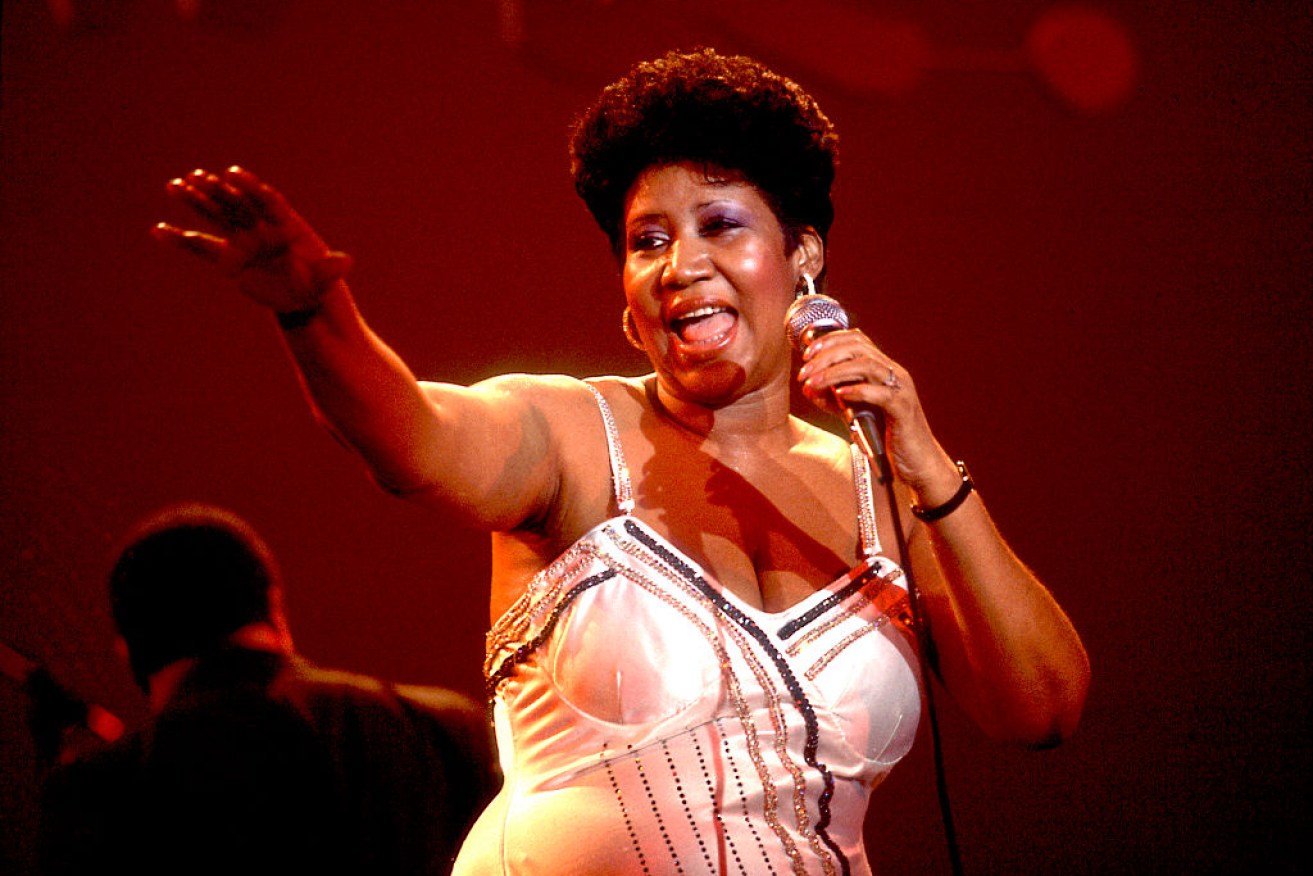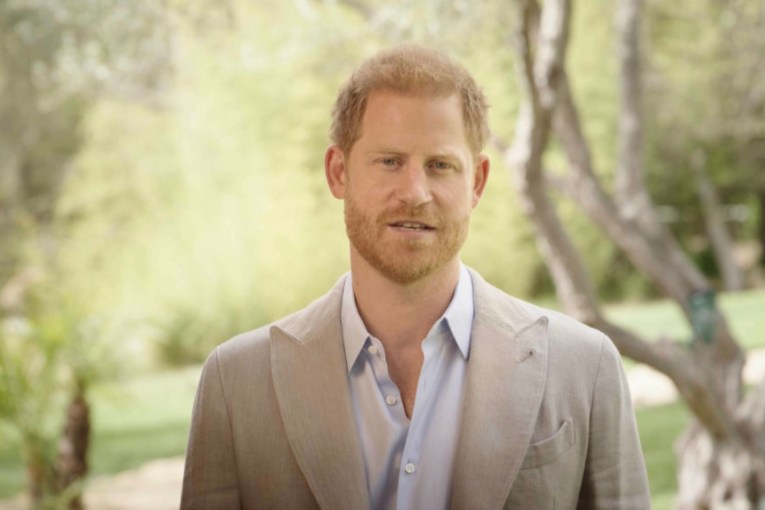John McCain and Aretha Franklin: Worlds apart but together in death


Aretha Franklin over the years became a beacon for African-American civil rights and the women’s movement. Photo: Getty
In life, little would seem to bond US senator and war hero John McCain with soul legend Aretha Franklin.
In death, however, simultaneous live feeds on Friday (local time) from Franklin’s five-hour Detroit funeral and from McCain’s lying-in-state in Washington wove these uniquely American lives into a riveting, televised marathon memorial.
In Detroit, Franklin’s endless funeral was the culmination of days of public viewing at a local church, where crowds streamed past her body, arrayed in a different dress on four consecutive days. I learned this from a woman I met at the Detroit airport Thursday, who had flown in from New York City to pay tribute, and was happily sporting her souvenir T-shirt in the departure lounge.
On Friday, dozens of speakers and singers appeared at the funeral, including a sublime Smokey Robinson, a slightly shambolic Bill Clinton and a raft of ministers, friends and family members. Outside, a caravan of pink Cadillacs was lined up in tribute to Franklin’s 1985 hit Freeway of Love.

Pink Cadillacs line Seven Mile Road outside Aretha Franklin’s funeral in Detroit. Photo: Getty
It was mostly, but not exclusively, an African-American event, celebrating not only Franklin’s talent but her lifelong ties to Detroit, a once-thriving black mecca (see Motown) that has been decimated by years of poverty and neglect, and is only now starting to show signs of renewal.
In Washington, meanwhile, the body of McCain (who ran unsuccessfully for US President twice) arrived Thursday afternoon (local time) from Phoenix, where he had lain in state earlier and was eulogised by former vice-president Joe Biden.
After a solemn, highly choreographed tribute staged in the Capitol Rotunda, the public was allowed in to pay its respects – an honour usually reserved for presidents. On Saturday, McCain was scheduled to be eulogised by former presidents Barack Obama and George W. Bush, while President Donald Trump –who McCain had made clear was not to be invited – stews in Camp David.

Cindy McCain, wife of John McCain, prays at the casket of her husband. Photo: Getty
It emerged this week that McCain had planned his funeral arrangements down to the last detail. The last detail – sharing the national stage with Franklin – was a trick of fate. But the dual memorials only served to elevate both spectacles.
The contrasts between the two was nothing short of thrilling, so starkly different that they seemed to take place in different countries.
Both depictions are too simple, of course. Franklin was the queen of soul, but she was also a gospel singer of genuine devotion, the daughter of a famous preacher. McCain came from a line of admirals, but he was lousy student and undisciplined airman who loved to buck authority. He became known as a the last symbol of bipartisanship in a now totally polarised US Senate.

A Vietnamese doctor. examines John McCain soon after his capture in 1967. Photo: Getty
We are moved for a different reason: the passing of famous people, whom we have known for decades, makes us remember our own lives through them – who we were and what we were doing when we first encountered these figures. Are we still those people? Do we still cherish now what we did then?
Our memories of McCain and Franklin were forged at a time of national despair not unlike the one we are living through now.
McCain, in his posthumously published essays, has insisted that we will get through these moments too. Franklin, while never directly political, never tired of singing both her soul anthems and gospel standards, sharing the strength found in both traditions.
I think McCain and Franklin would have been delighted to be celebrated on the very same afternoon, as the country embarks on the last long weekend of the summer. The theatre that was their funerals was celebration not of them, but of us, and the better angels we still seek.
Let us keep looking for new ones.
Larry Hackett is the former editor-in-chief of People magazine, and a current contributor to the US morning television news program Good Morning America








